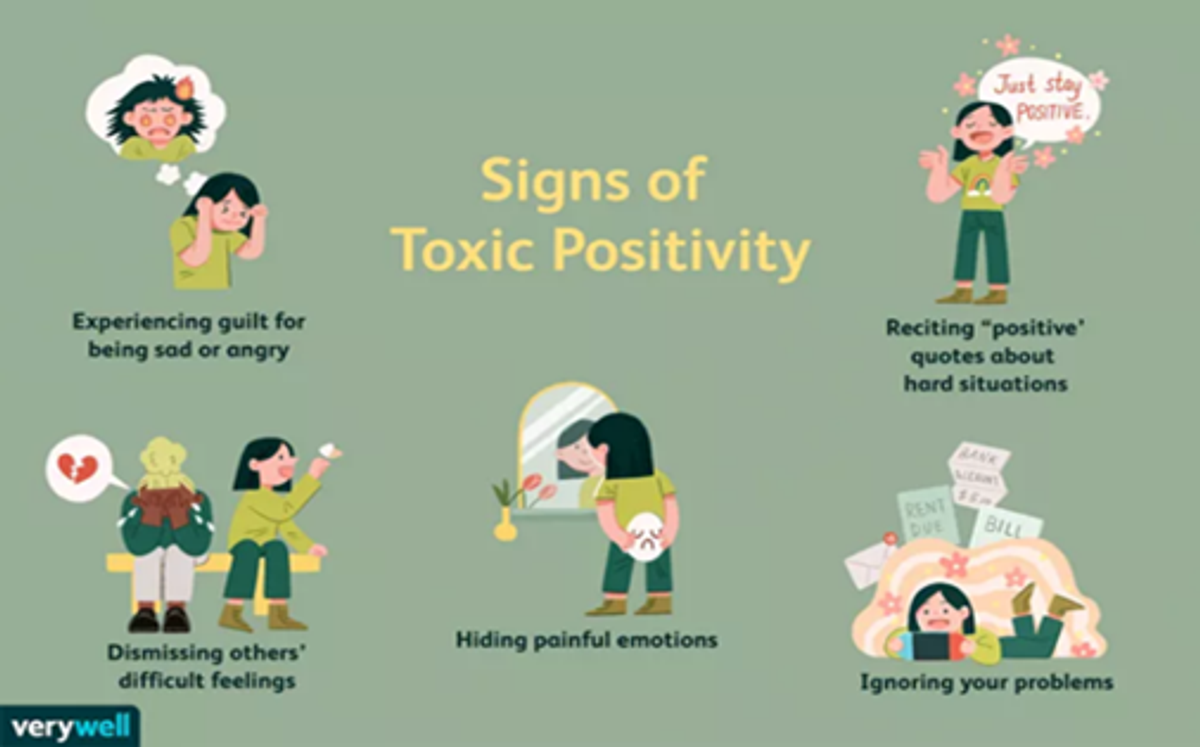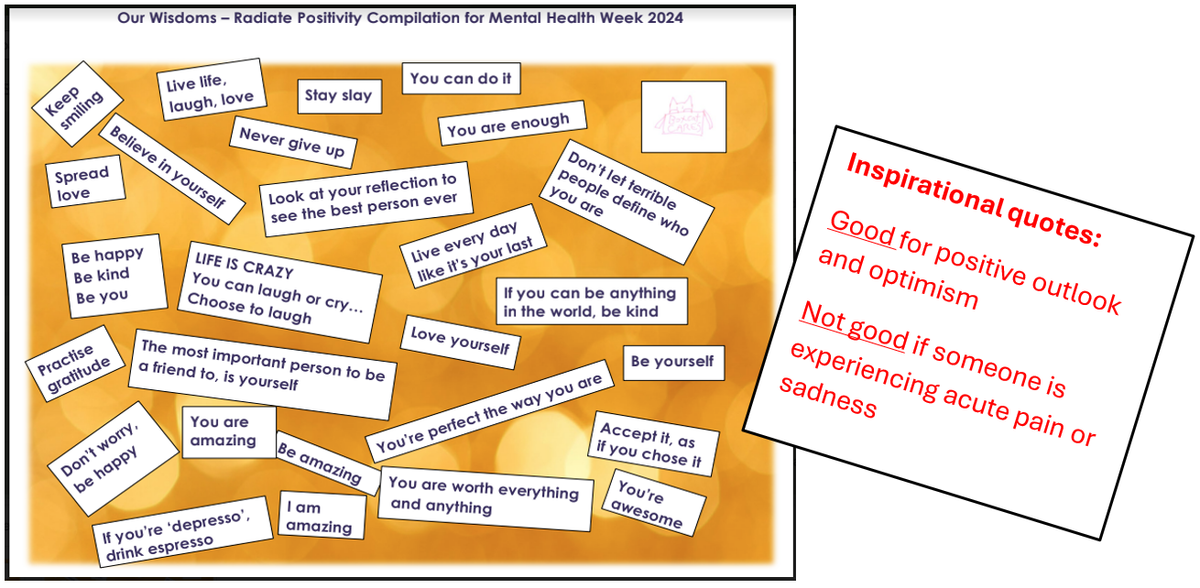Guidance Counsellors
Ms Katharina Lane, Guidance Counsellor

Guidance Counsellors
Ms Katharina Lane, Guidance Counsellor
What is toxic positivity?
Toxic positivity is the stubborn belief that people should always stay positive. Toxic positivity forces people to avoid acknowledging or expressing difficult feelings, creating a false façade of happiness, rejecting any acknowledgment of pain or sadness.
Examples
Common phrases like "just stay positive" or "everything happens for a reason" can come across as dismissive, even if well-intentioned, as they discourage expressing true emotions.
Harmful Effects
Toxic positivity can lead to shame, guilt, avoidance of emotions, and stunted emotional growth. People receiving toxic positivity might feel that their feelings are invalid or wrong.
Emotional validation is essentially the opposite of toxic positivity. Emotional validation is a concept that involves the understanding that feelings aren't permanent. Examples of emotional validation are: “I’m listening. I am here no matter what. That must be really hard. Your feelings are valid.”


What is optimism?
Optimism plays a vital psychological role in managing stress and supporting mental well-being. Individuals with a positive outlook are often better at coping with life's challenges because they see setbacks as temporary and manageable rather than overwhelming. This perspective promotes resilience, allowing optimists to recover from adversity more quickly and with less emotional strain. Research has found that optimism is linked to lower rates of depression and anxiety, higher life satisfaction, and increased overall happiness (Seligman, 1991).
Motivational and inspirational quotes can inspire our optimism by providing us with a quick burst of wisdom, offering inspiration needed for the day or the occasion. They speak to our need for hope, and they remind us that we are not alone in our struggles.
Mental Health Week Activity
We recently had the opportunity to observe a wonderful compilation activity from our St Stephen’s students for Mental Health Week. Here are their fabulous inspirational affirmations:


Katharina Lane, Peter Graham and Havva Murat-Maksuti | Guidance Counsellors